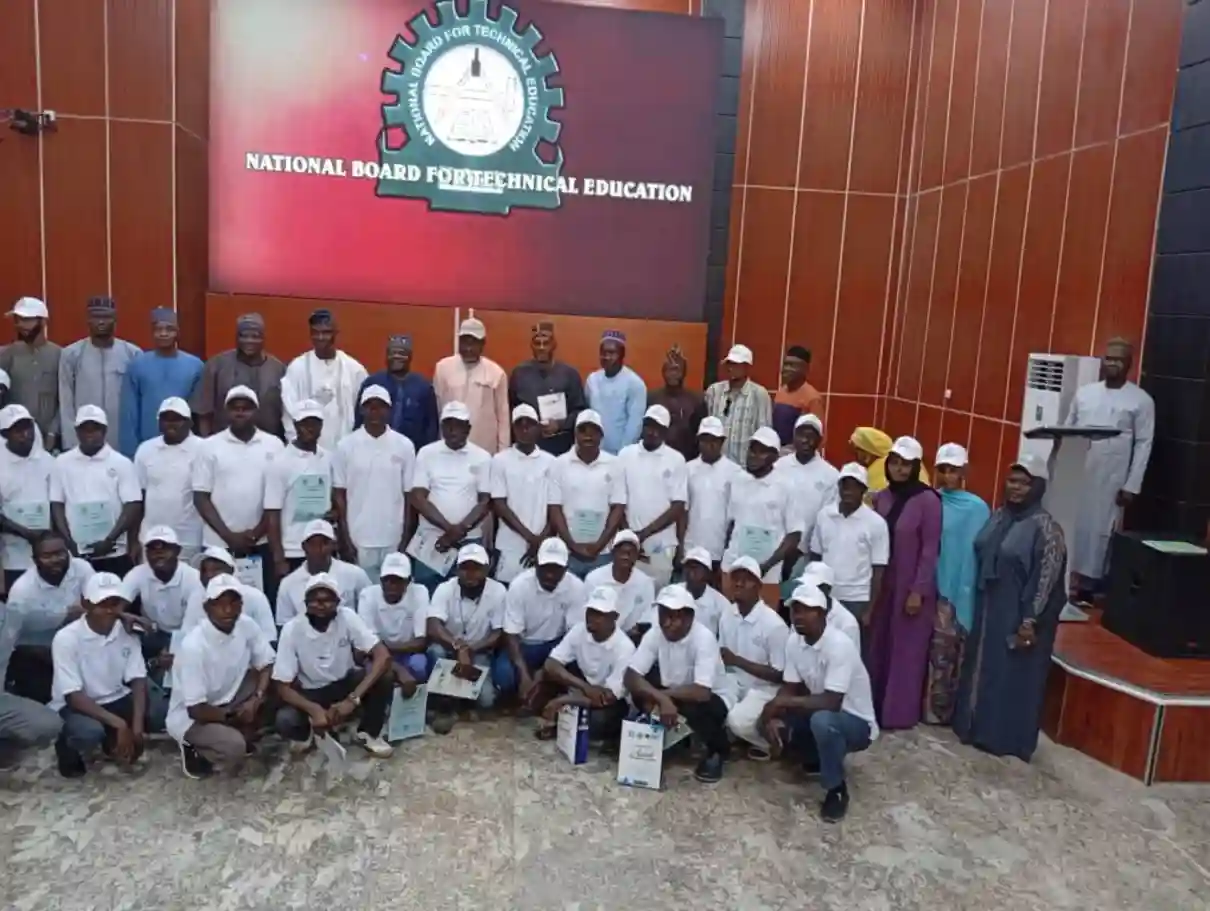The National Board for Technical Education (NBTE) has trained and certified six hundred and nineteen Master Craft Persons across Nigeria’s six geo-political zones to enhance skills acquisition and improve youth employability.
The initiative, conducted under the Recognition of Prior Learning (RPL) scheme, aims to formalise the expertise of artisans and reduce the nation’s dependence on foreign labour. The certification will also enable beneficiaries to serve as trainers in technical and vocational colleges nationwide.
During the presentation of certificates to the beneficiaries in Abuja, the Executive Secretary of the NBTE, Professor Idris Bugaje, explained that the RPL scheme targets the informal sector where millions of Nigerians possess practical skills without formal recognition.
“The Master Craft Persons underwent intensive training and evaluation in various fields such as roadside mechanics, welders, shoemakers, tailors, and fabricators,” Professor Bugaje stated. “Many of them have competencies that even surpass those who went through formal education. Today, we have recognized and certified them after a thorough assessment process,” he added.
According to him, the milestone was achieved with a budget of N100 million, which also funded the local training of Three Hundred and Forty-One assessors by experts from Kenya. The training and assessment, he noted, were part of the NBTE’s efforts to promote technical education and entrepreneurship development in Nigeria.
Professor Bugaje emphasized the importance of expanding the programme to reach at least two million artisans, creating a pool of certified workers to support national development projects in construction, rail expansion, and gas infrastructure. He said the NBTE is committed to aligning Nigeria’s skills development framework with international standards to drive economic growth and self-reliance.
The Minister of Education, Dr. Olatunji Alausa, represented by the Director of Polytechnic Education, Dr. Ejeh Usman, noted that the initiative aligns with the Ministry’s vision to integrate informal sector competencies into the mainstream economy for sustainable development.
Nigeriastartupact.ng gathered that some beneficiaries expressed gratitude for the programme, describing it as a life-changing opportunity that will empower them to contribute more meaningfully to national growth and youth employment.

